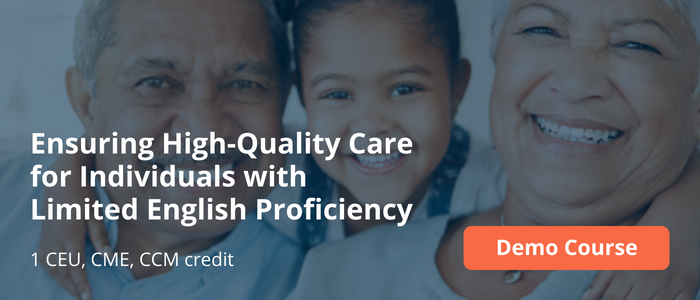
Health literacy describes a person's ability to obtain and understand the medical information needed to make informed healthcare decisions. This includes the ability to understand medical explanations of symptoms and illnesses; follow directions for medications, tests, and procedures; and ask relevant questions.
The consequences of low health literacy can be far-reaching, affecting patient outcomes, healthcare system efficiency, and healthcare costs.
Defining health literacy
We can define health literacy as the capability of an individual to obtain, interpret, and comprehend necessary medical information to make sound healthcare decisions. This encompasses:
- Understanding medical descriptions of symptoms and diseases
- Following instructions for medications, tests, and medical procedures
- Completing health-related forms
- Efficiently navigating healthcare services
- Assessing risks and benefits
- Managing chronic diseases
Unfortunately, about 90 million American adults don't possess adequate health literacy skills to use the healthcare system to its fullest potential effectively.
The impact of low health literacy
Low health literacy disproportionately affects marginalized groups, including minorities, older people, and those with chronic ailments. Often, these individuals turn to friends and family for health advice. While this might offer some help and comfort, it exposes them to misinformation and potentially harmful beliefs that might conflict with expert medical advice.
Several studies highlight that those with lower health literacy frequently experience miscommunication with healthcare professionals. Some might hide their confusion due to embarrassment, while others might not even realize they've misunderstood crucial information. Consequently, this group often harbors feelings of skepticism, mistrust, and dissatisfaction with healthcare services.
Low health literacy and health outcomes
The ramifications of poor health literacy are undeniable. Individuals with low health literacy often face the following:
- Higher chances of non-compliance with treatment plans
- Increased risk of preventable hospital admissions
From an economic standpoint, the cost of these misunderstandings can be staggering. Estimates suggest that the financial toll on the healthcare system due to inadequate health literacy ranges from $106 billion to $238 billion annually.
Communicating with patients with low health literacy
Considering the grave repercussions, healthcare professionals must adopt strategies to communicate with those with limited health literacy effectively. Here are some best practices:
- Speak at a moderate pace, ensuring clarity
- Use plain language, sidestepping medical jargon and complex terms
- Share information in manageable chunks, reiterating key points
- Encourage patients to paraphrase what they've understood to confirm comprehension
- Foster an open, non-judgmental environment that prompts questions and discussion
While only 12% of American adults are considered to have very high health literacy skills, it's vital to understand that health literacy isn't solely determined by one's general literacy, education, or age. High-stress situations, like a medical emergency, can impede anyone's processing of complex health information. Therefore, healthcare professionals should begin every medical conversation with the presumption that there might be gaps in the patient's health literacy.
The importance of health literacy
Health literacy is integral to ensuring patients actively participate in their healthcare journey. It's essential to define health literacy and understand the widespread impact of low health literacy. By recognizing the significance and tailoring communication strategies, healthcare professionals can bridge the knowledge gap, leading to better patient outcomes and a more efficient healthcare system.
Learn more about health literacy:
National Action Plan to Improve Health Literacy | U.S. Department of Health and Human Services, Office of Disease Prevention and Health Promotion
The Role of Universal Health Literacy Precautions in Minimizing “Medspeak” and Promoting Shared Decision Making | Lara Killian, MA, MLIS, and Margo Coletti, AMLS
AHRQ Health Literacy Universal Precautions Toolkit | Agency for Healthcare Research and Quality
